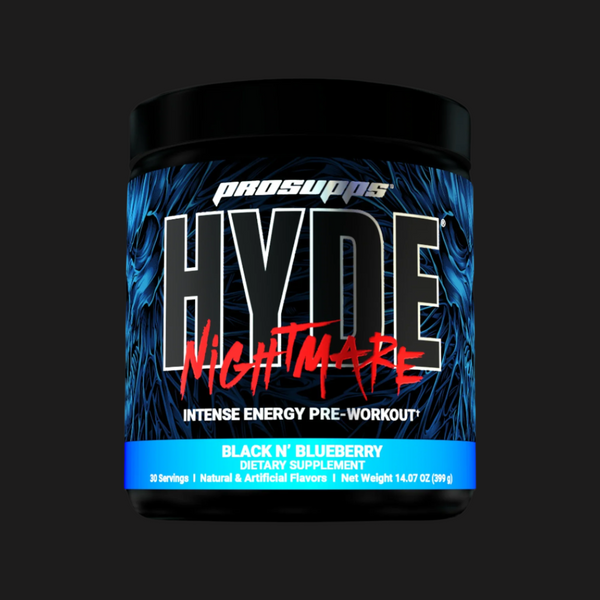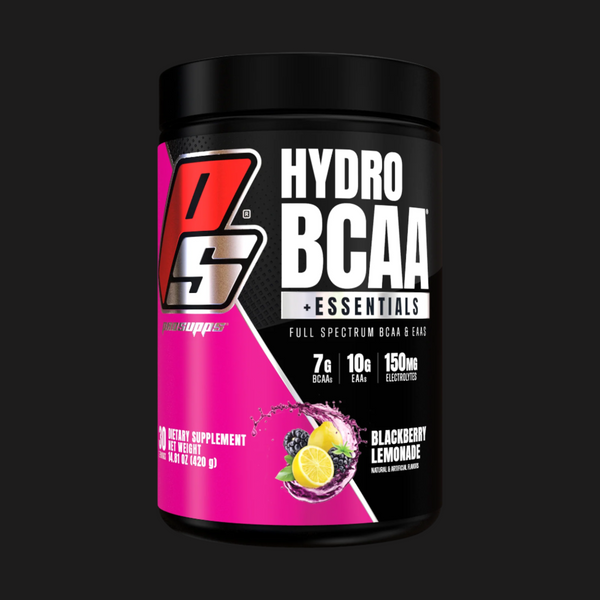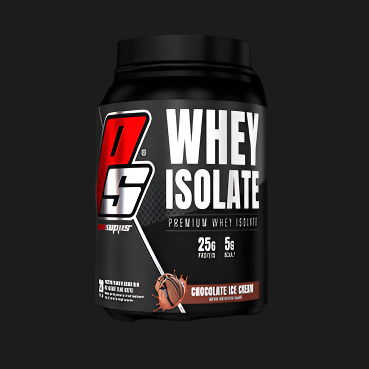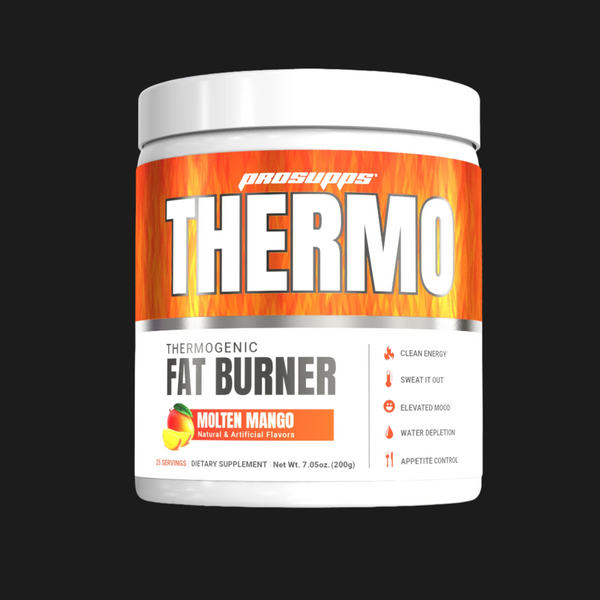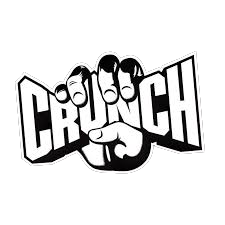
Everything You Need To Know About Plant-Based Proteins
 Written by Guy Gustafson
Written by Guy Gustafson April 27, 2021
Are you on a vegan or vegetarian diet? Are you having a hard time figuring out how to hit your daily protein needs so you can build muscle and gain strength?
Getting an adequate amount of protein while eating a plant-based diet might seem intimidating at first. However, it isn’t as hard as you might think, and you don’t have to eat your weight in beans to do it, either.
Read on for answers to some frequently asked questions about protein for vegans and vegetarians. You’ll also find some tips on the best plant-based protein sources to help you reach your goals.
Why Is Protein Important?
Protein is an essential macronutrient. It plays a key role in several bodily processes, including the following:
- Stimulates muscle growth and repair
- Prevents muscle loss
- Supports healthy metabolism (the more muscle mass you have, the faster your metabolism will be
- Supports healthy skin, hair, and nails
- Supports faster tissue healing and post-workout recovery
- Supports healthy bones
- Helps with appetite control and reduces cravings
Clearly, protein offers a lot of benefits, especially if you’re trying to gain muscle and see the best results from all the hard work you put in the gym.
How Much Protein Do You Need?
If you follow a vegan or vegetarian diet (or are thinking about cutting out or reducing your consumption of animal protein sources), it’s possible that you’re not getting enough protein per day.
How much protein should you take in per day, though? How do you know if you need more protein?
The RDA (Recommended Dietary Allowance) for protein is 0.8 grams (0.028 ounces) per kilogram of body weight. This is the bare minimum for protein, though. Essentially, it’s just enough to keep you alive.
For active individuals looking to gain muscle, a better guideline to aim for is 1.2 and 2.2 grams (0.04-0.07 ounces) of protein per pound of body weight per day. This range has been shown to be most helpful when it comes to building muscle mass and preventing muscle loss.
Some people believe that it’s dangerous to consume more than 2.2 grams of protein per day. In reality, though, research shows that, for most people, no substantial negative impacts will result from this. In fact, this study showed that overfeeding protein up to 4.4 grams (0.15 ounces) of protein per pound did not produce any long-term harmful effects.
Do You Need More Protein in a Plant-Based Diet?
The recommendations mentioned above are good guidelines for those who get at least 10 percent of their protein from animal sources (many vegetarians probably fall into this category).
If you’re looking to build muscle while eating an entirely plant-based diet, though, it’s important to note that you’ll likely need to consume more protein than those who eat animal protein. This is because the digestive system doesn’t absorb protein from plants as efficiently as it absorbs protein from animals.
Most experts recommend eating about 20 percent more protein to make up for inefficient plant-based protein digestion. For example, if omnivores can shoot for 1.2 grams (0.042 ounces) of protein per pound of body weight, someone who eats 100 percent plant-based should aim for 1.4 grams (0.049 ounces) of protein per pound.
For a 150-pound plant-based eater, that would mean aiming for about 210 grams of protein per day. On the other hand, an omnivore could get away with about 180 grams per day.
Is it Possible to Build Muscle with a Plant-Based Diet?
It is more than possible to build muscle on a vegan diet. With the right plant-based protein supplements and training regimen, you won’t feel like you’re lagging behind those that get their protein from animal sources.
To see great results and build muscle on a plant-based diet, you first need to make sure you’re hitting your daily protein goal (use the numbers mentioned above as guides to get you started). You also need to make sure you’re getting most of your protein from complete protein sources.
Complete protein sources contain the following 9 essential amino acids (or EAAs):
- Leucine
- Isoleucine
- Valine
- Histidine
- Methionine
- Phenylalanine
- Tryptophan
- Threonine
- Lysine
All of these are amino acids that your body can’t produce on its own and must get from food. Leucine, Isoleucine, and Valine, which are also known as Branched-Chain Amino Acids, are especially important when it comes to muscle repair, muscle building, and preventing muscle loss.
Most animal-based protein sources contain all 9 essential amino acids, but many plant-based protein sources only contain some of them (they’re known as incomplete proteins). You can make up for this lack of EAAs and BCAAs, though, by combining different incomplete plant-based proteins to meet your amino acid needs.
What Are the Best Sources of Protein?
For those who are interested in a completely plant-based diet, soy products such as tofu and tempeh are some of the best options to meet your daily protein needs. They’re complete proteins and very versatile. You can also add other foods like lentils and beans to your meals for extra variety and texture.
If you are on a vegetarian diet, you have even more options available for protein, such as eggs, yogurt, and cottage cheese.
All of these are high-quality protein sources that can help you hit your daily protein goal. However, what happens if you find that you’re behind on protein for the day or need a quick and easy protein source to tide you over until your next meal?
In these instances, plant-based protein powders are incredibly convenient and easy to consume.
Look for a protein powder made from complete plant-based protein sources (pea protein is one of the most common options). This helps you ensure you’re getting the right amino acids needed for post-workout muscle recovery (and maximum muscle gain).
Conclusion
Now that you know more about plant-based proteins, are you feeling more confident about embarking on a vegetarian or vegan lifestyle?
At first, it may be a bit harder to meet your protein needs while following a plant-based diet. However, it is completely doable as long as you’re willing to put in a little research and planning.
Our ProSupps plant-based protein powder is a perfect solution for plant-based eaters who need help getting their post-workout protein fix. This revolutionary protein powder tastes delicious, mixes perfectly with water or milk (no lumps or chalkiness here!), and contains 25g (0.88 ounces) of high-quality plant-based protein from peas, fava beans, and brown rice.
Check it out today and experience the difference for yourself.
GET LEAN
 Why You're Struggling
Can't Lean Out? Here's Why You're Struggling
Why You're Struggling
Can't Lean Out? Here's Why You're Struggling
We all know the feeling. You’ve been working hard in the gym, sticking to your diet and getting in your...
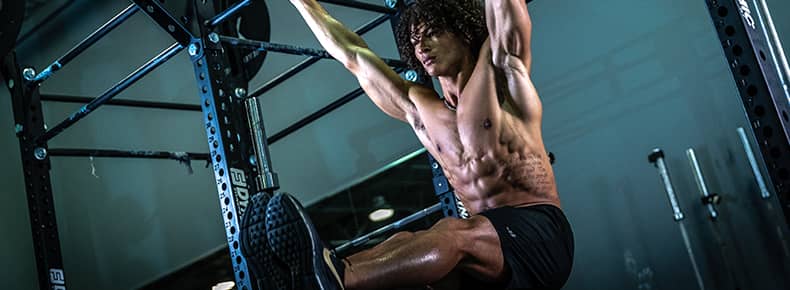 Weight Loss
Choosing the Best Protein Powder for Weight Loss
Weight Loss
Choosing the Best Protein Powder for Weight Loss
Struggling to shed body fat and lean out? You might need to focus more on your nutrition, specifically your protein...
 Weight Loss
9 Ways to Speed Up Your Weight Loss and Burn More Fat
Weight Loss
9 Ways to Speed Up Your Weight Loss and Burn More Fat
Weight loss is a major goal for more than 40 percent of Americans. Is it something you’re working toward, too?
 Workout Routine
10 Tips for Building a Sustainable Workout Routine
Workout Routine
10 Tips for Building a Sustainable Workout Routine
Starting a fitness journey is an exciting time, but maintaining a sustainable workout routine can be challenging. From setting realistic...





